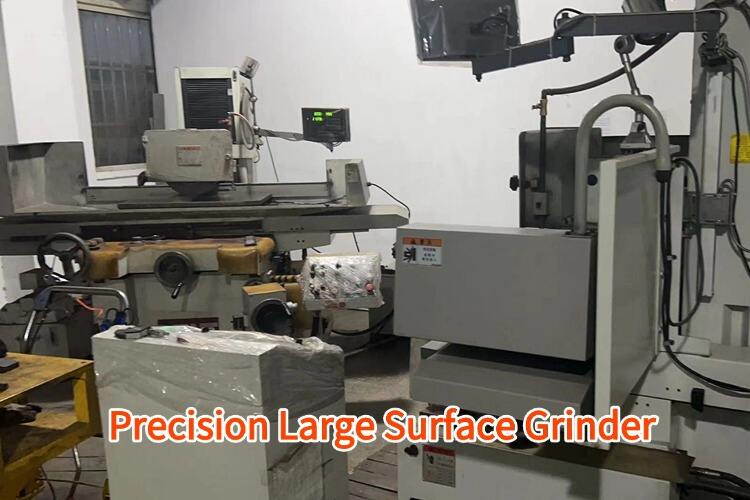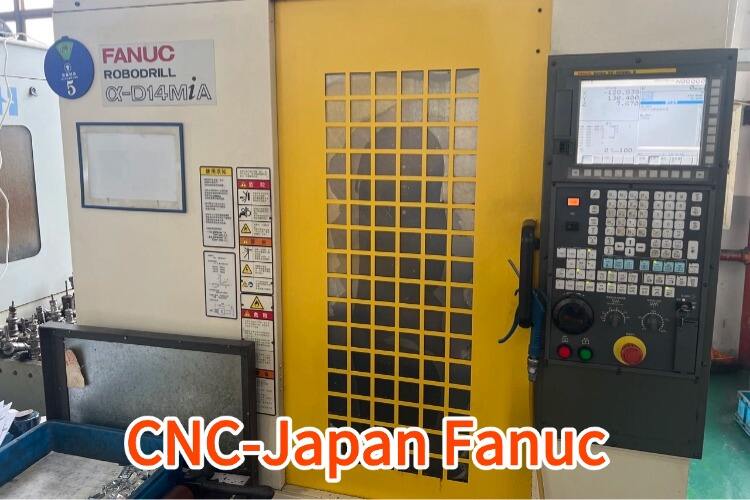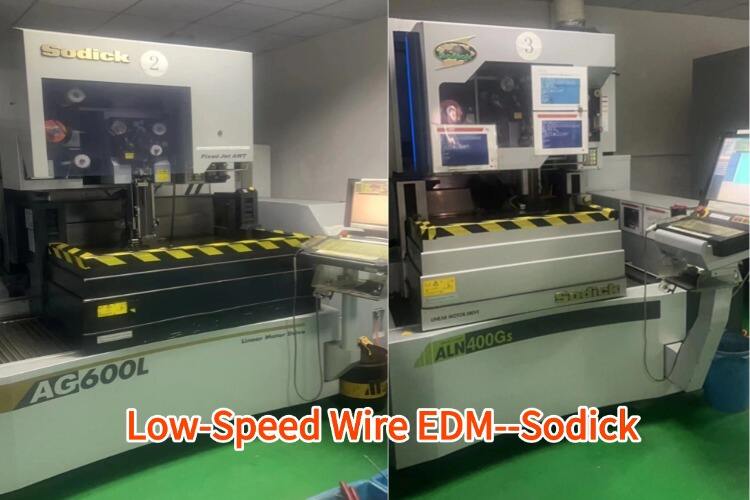custom precision machining
Custom precision machining represents a sophisticated manufacturing process that delivers components with exceptional accuracy and consistency. This advanced manufacturing methodology utilizes state-of-the-art CNC machinery and cutting-edge software to produce parts with tolerances as precise as +/- 0.0001 inches. The process encompasses various techniques including milling, turning, grinding, and EDM operations, all controlled by computer-aided manufacturing systems that ensure remarkable repeatability and quality. In modern manufacturing environments, custom precision machining serves diverse industries including aerospace, medical devices, automotive, and electronics. The technology enables the production of complex geometries and intricate features that would be impossible to achieve through conventional manufacturing methods. What sets custom precision machining apart is its ability to maintain consistent quality across production runs while accommodating unique specifications for each project. The process begins with detailed CAD designs, which are translated into machine instructions through CAM software, ensuring exact replication of the intended design. This technology also allows for rapid prototyping and efficient production scaling, making it an invaluable solution for both small batch productions and high-volume manufacturing needs.


